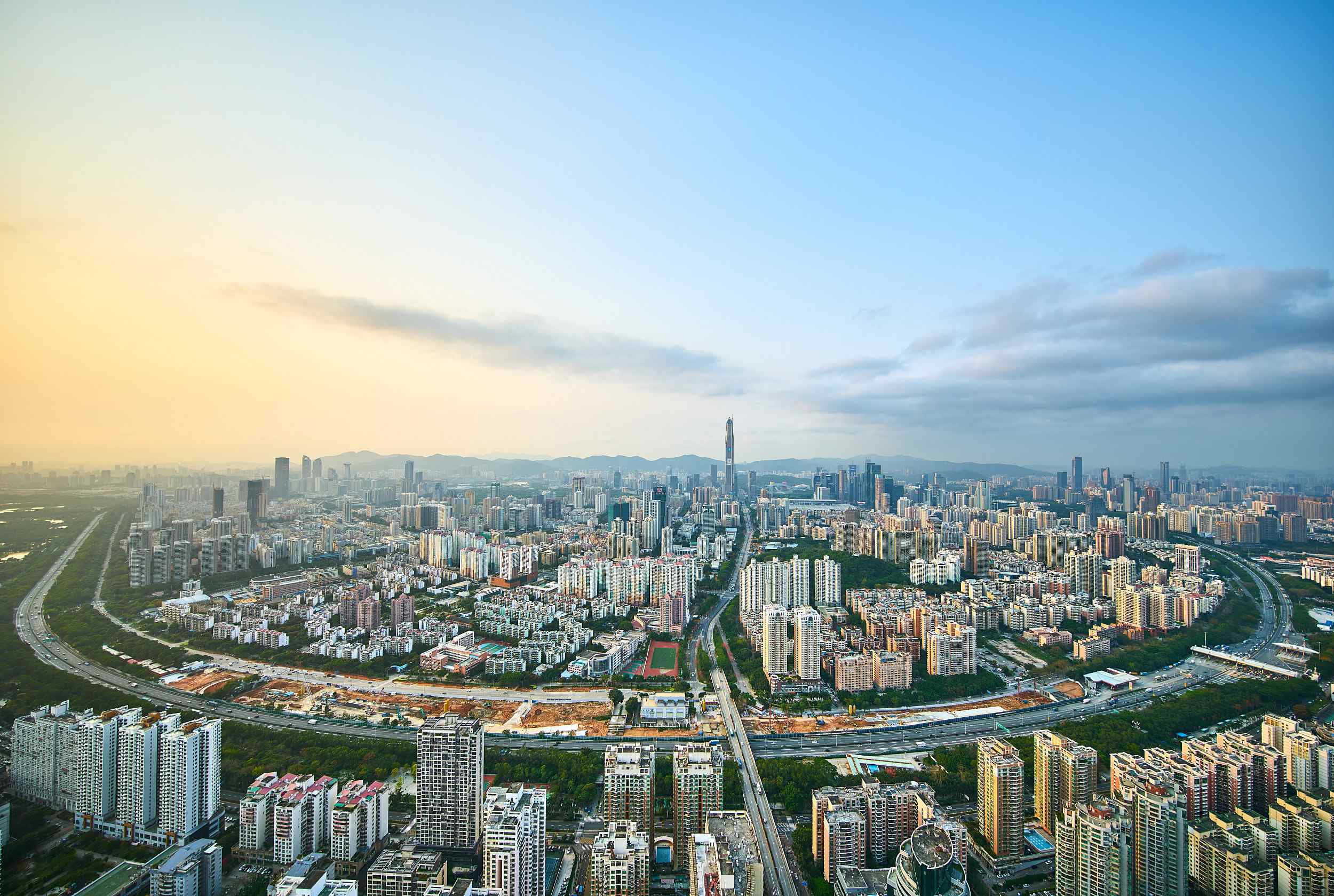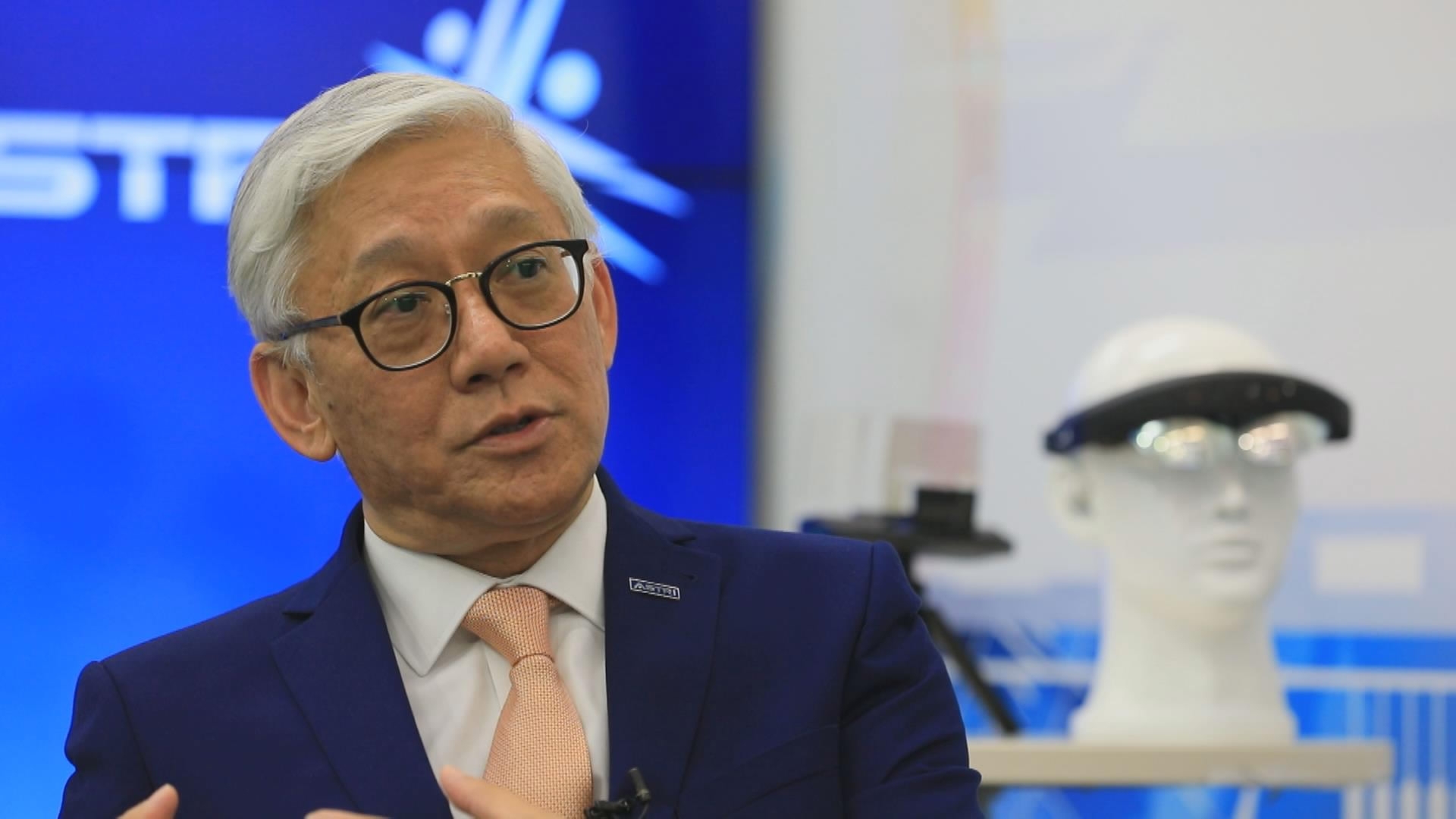
Tech & Sci
15:28, 28-Jun-2017
Can Hong Kong become Asia’s next Silicon Valley?

By CGTN’s Ge Yunfei
For years, Hong Kong has been trying to build its own tech industry to help spur economic growth. But its efforts have been overshadowed by its neighboring city, Shenzhen, which is often referred to as China’s Silicon Valley. Can Hong Kong be an incubator for another Alibaba or Snapchat?
Now that Instagram and Facebook has become an essential part of any international trip, owning a smartphone with unlimited Internet access might just be the dream product for a tourist. And a Hong Kong local start-up – Tink Labs – is making this dream come true.
Many Hong Kong hotels are providing their guests a phone, named Handy, a product of Tink Labs. A smartphone with the Android system, Handy allows free local and international calls and free mobile data usage.
Finding this market niche is helping turn Tink Labs into Hong Kong’s first unicorn start-up with a valuation of 1 billion US dollars. But this tech firm is going through the growing pains – unable to find enough qualified talents fit for global competition.

Tink Labs' free-to-use phone for tourists. /Tink Labs
Tink Labs' free-to-use phone for tourists. /Tink Labs
“To me, if you ask me the challenges, it’s really finding good people who have the exposure in a global company or in a high-growth company,” Tink Labs' CTO Phil Yuen explained.
His company is now expanding rapidly overseas, setting up offices in London and Singapore.
“I think in Hong Kong you’re forced to go international. You have no choice but to go international, even if you achieve 100-percent market share in Hong Kong. That’s very very small,” Yuen said.
Shenzhen, the neighboring city of Hong Kong, has been dubbed China’s Silicon Valley for having world-leading tech firms like Huawei, Tencent, DJI and other tech startups.

Shenzhen, the Silicon Valley of China. /VCG Photo
Shenzhen, the Silicon Valley of China. /VCG Photo
Meanwhile, Hong Kong has been one of the favorite destinations for tech companies from the Chinese mainland to do their IPOs. Tencent, whose headquarters is in Shenzhen, is listed on the Hong Kong Stock Exchange with a valuation of over 300 billion US dollars.
But when talking about Hong Kong’s tech industry, what famous company comes to your mind first? Yeah, exactly, almost none. Even successful start-ups like Tink Labs is still a regional brand.
Hong Kong government is trying to change this awkward situation by ramping up R&D investments, which accounted for 0.79% of Hong Kong's GDP in 2016. But in Shenzhen, it numbered 4%.
Dr Frank Tong, CEO of Hong Kong Applied Science & Technology Research Institute said Hong Kong should establish closer ties with the mainland in tech cooperation.

Dr Frank Tong /CGTN Photo
Dr Frank Tong /CGTN Photo
He said Shenzhen’s success is a result of city cluster. China’s southern Pearl River Delta where Shenzhen is located is the world’s largest manufacturing base of consumer electronics.
“For Shenzhen, we talk about the fastest prototype place in the world. And Hong Kong has advantages in the service, education, medical. But if Hong Kong can go deeper into the mainland, we’ll have manufacturing, prototyping, and big data bases. ”
On the border between the two cities, Hong Kong officials are now trying to turn a swamp named Lok Mau Chok into a tech park to share in Shenzhen's success.
The idea is that the park would be close to Shenzhen’s cheaper manufacturing and innovation, while retaining Hong Kong’s legal, business framework and uncensored Internet with eased border crossings between the two.
If the plan is successful, Shenzhen could remain as China’s Silicon Valley and Hong Kong could be "San Francisco" in the new Guangdong-Hong Kong-Macao Bay Area.
1969km

SITEMAP
Copyright © 2018 CGTN. Beijing ICP prepared NO.16065310-3
Copyright © 2018 CGTN. Beijing ICP prepared NO.16065310-3